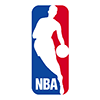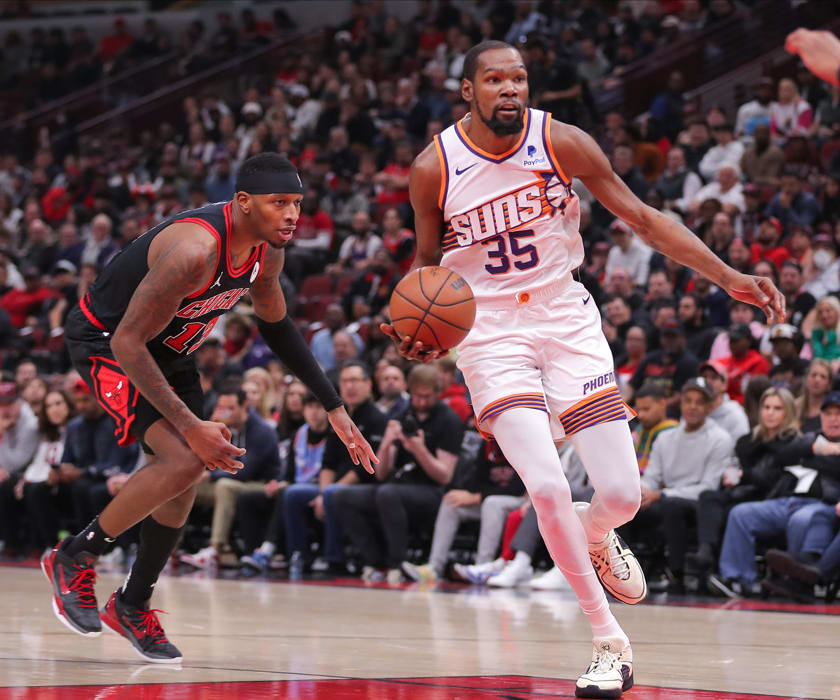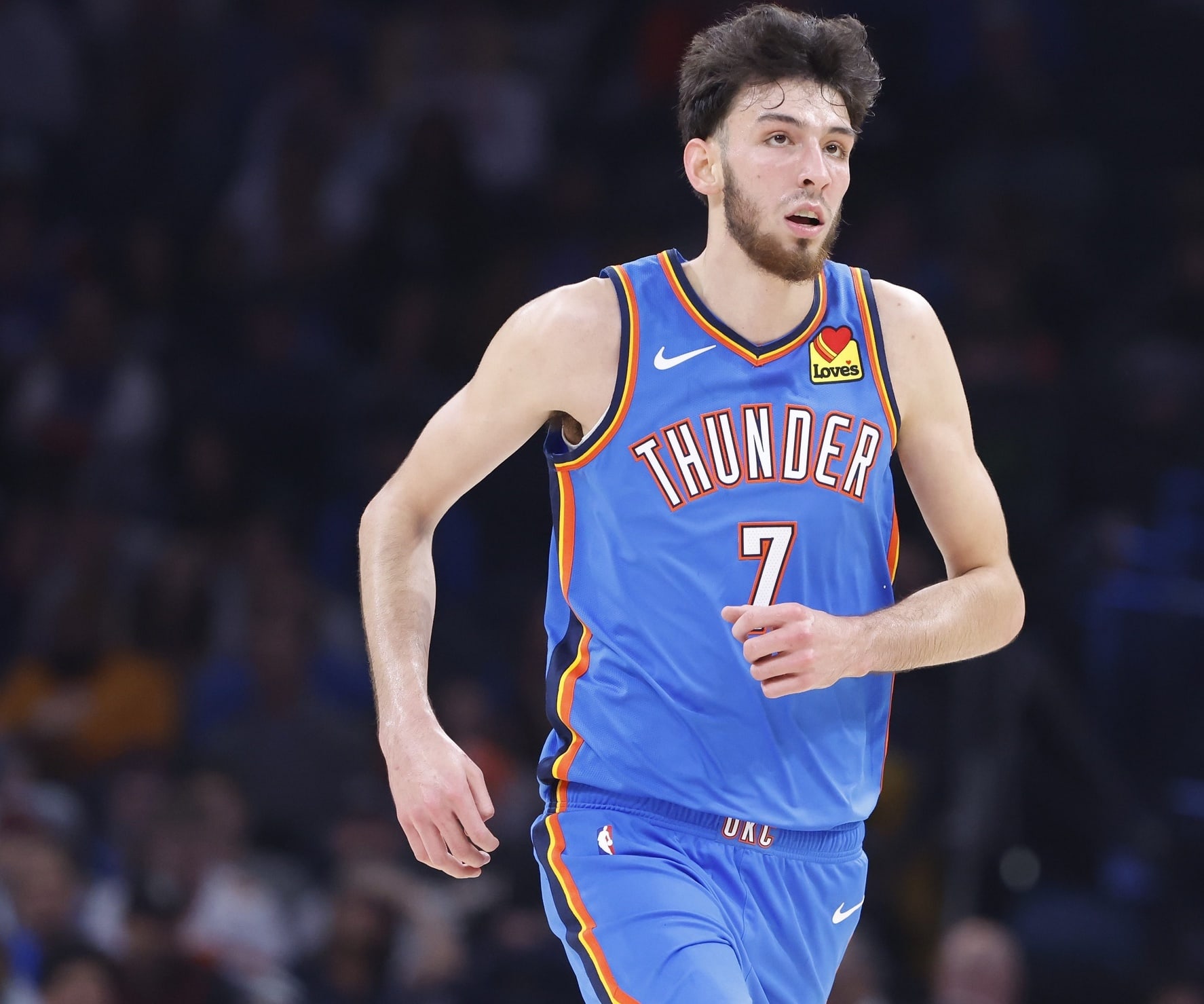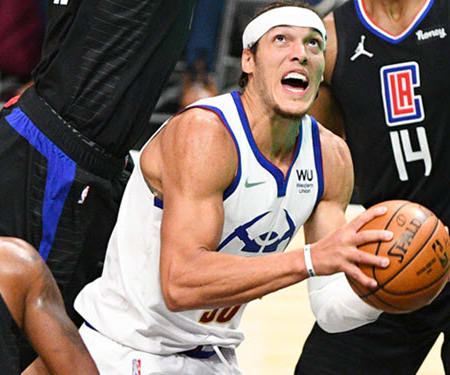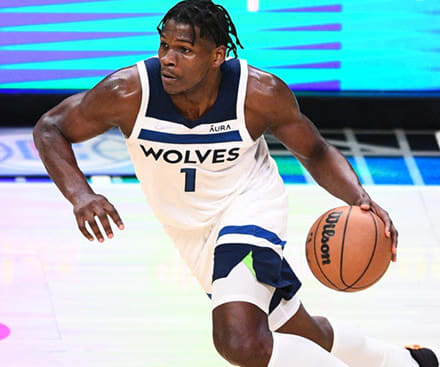2025 Stats
PTS
0.0
REB
0.0
AST
0.0
STL
0.0
BLK
0.0
ROS Projections

Let go by Washington
The Wizards waived Jackson on Thursday, Josh Robbins of The Athletic reports.
ANALYSIS
Jackson was traded from the 76ers to the Wizards on Thursday before being subsequently waived. The veteran point guard is now a free agent and will likely look to join a new team to provide depth in their backcourt.
Jackson was traded from the 76ers to the Wizards on Thursday before being subsequently waived. The veteran point guard is now a free agent and will likely look to join a new team to provide depth in their backcourt.
NBA Per Game Stats
Per Game
Total
Per 36
NBA Per Game Stats
Loading Per Game Stats...
2024 NBA Game Log
2024
2023
2022
2021
2020
2019
2018
2017
2016
2025 NBA Per Game Split Stats
Schedule
By Month
Starting/Off Bench
Days Rest
Vs Opp
By Result
2025 NBA Per Game Split Stats
Loading Split Stats...
Advanced Stats
Loading Advanced Stats...
Stat Review
2024
2023
2022
2021
2020
2019
2018
2017
2016
How does Reggie Jackson compare to other players?
This section compares his stats with all players from the previous three seasons (minimum 200 minutes played)*. The bar represents the player's percentile rank. For example, if the bar is halfway across, then the player falls into the 50th percentile for that stat and it would be considered average.
True Shooting %
49.6%
Effective Field Goal %
48.5%
3-Point Attempt Rate
55.6%
Free Throw Rate
6.8%
Offensive Rebound %
2.3%
Defensive Rebound %
10.4%
Total Rebound %
6.2%
Assist %
17.1%
Steal %
1.8%
Block %
0.8%
Turnover %
8.5%
Usage %
17.5%
Fantasy Points Per Game
9.5
Fantasy Points Per Minute
0.8
NBA Historical Fantasy Stats
Historical ADP
Loading Historical ADP...
Past Fantasy Outlooks
2023
2022
2021
2020
2019
2018
2017
2016
2015
2014
2013
2012
2011
Now aged 33, Jackson will return to Denver for another two years, likely serving as backup to Jamal Murray. Based on what we saw from him down the stretch last season, it's tough to imagine a world where Jackson plays more than about 18 minutes per night. In 24.4 minutes per night during the 2022-23 season, Jackson was well outside the top 200 in standard formats. He closed as the 284th-ranked player, averaging 10.2 points and 3.4 assists. Working on the assumption he plays fewer minutes, Jackson is not someone to consider outside of very deep leagues.
More Fantasy News
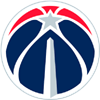
Shipped to Washington
The 76ers traded Jackson and a 2026 first-round pick to the Wizards for Jared Butler and four second-round picks Thursday, Michael Scotto of USA Today reports.
ANALYSIS
Subscribe now to instantly reveal our take on this news.
Subscribe now to instantly reveal our take on this news.

Little impact off bench Tuesday
Jackson provided two points (1-3 FG, 0-1 3Pt), one assist and one steal in 15 minutes during Tuesday's 118-116 win over the Mavericks.
ANALYSIS
Subscribe now to instantly reveal our take on this news.
Subscribe now to instantly reveal our take on this news.

Scores 12 points off bench
Jackson accumulated 12 points (5-10 FG, 2-5 3Pt), one rebound and one steal over 15 minutes during Saturday's 109-97 win over the Bulls.
ANALYSIS
Subscribe now to instantly reveal our take on this news.
Subscribe now to instantly reveal our take on this news.

Back to bench Wednesday
Jackson will go back to the second unit Wednesday as a result of Tyrese Maxey's return to the starting lineup, Steve Popper of Newsday reports.
ANALYSIS
Subscribe now to instantly reveal our take on this news.
Subscribe now to instantly reveal our take on this news.

Starting sans Maxey
Jackson will enter the starting lineup in Tuesday's game against the Thunder.
ANALYSIS
Subscribe now to instantly reveal our take on this news.
Subscribe now to instantly reveal our take on this news.
Latest Fantasy Rumors
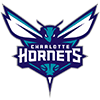
Could be cut loose
Jackson isn't expected to begin the season with the Hornets, Roderick Boone of The Charlotte Observer reports.
ANALYSIS
The veteran guard was dealt to the Hornets from the Nuggets in June along with three second-round picks in a salary dump, but Jackson doesn't have a clear fit on a young Charlotte roster. He has one year left on his current contract at a modest $5.25 million, but if the Hornets aren't able to find a trade partner for him, he could simply be waived and allowed to sign with a contender ahead of training camp.
The veteran guard was dealt to the Hornets from the Nuggets in June along with three second-round picks in a salary dump, but Jackson doesn't have a clear fit on a young Charlotte roster. He has one year left on his current contract at a modest $5.25 million, but if the Hornets aren't able to find a trade partner for him, he could simply be waived and allowed to sign with a contender ahead of training camp.



